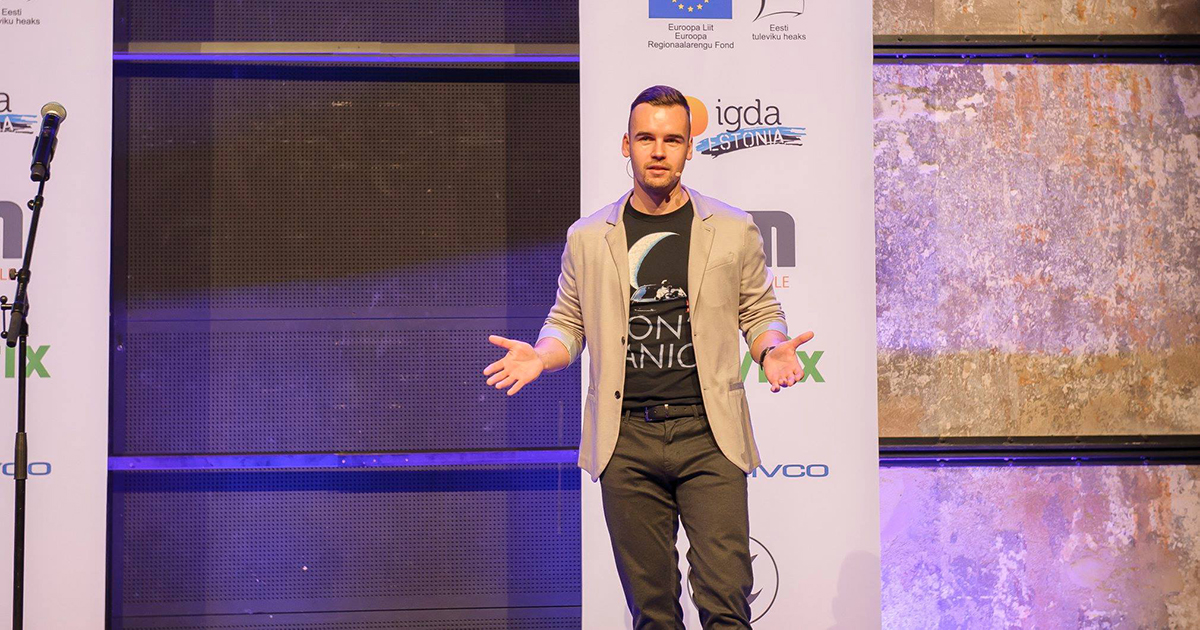We continue to summarize the results of 2021 together with top managers and experts of the gaming industry (and related ones). Next up is an interview with Vladimir Funtikov, CEO of Creative Mobile.
How did 2021 go for the company?
Although Creative Mobile is primarily known as a developer and publisher of mobile games, in 2021 we paid a lot of attention to projects outside of Google Play and the App Store. We were engaged in new VR games, cross-platform blockchain games and services for developers. Each of the directions in our company has its own history.
For example, we made the first VR prototype back in 2014, but we haven’t seen a good business opportunity for a long time. Gradually the situation changed. We singled out virtual reality as a key direction and gained a foothold in the top ten Steam bestsellers with the debut project Into The Radius. VR is still a relatively small market in anticipation of the next breakthrough, but we have assembled a fiery team and are going to give it our all in 2022.
The situation with NFT developed in a similar way — we worked on blockchain games back in 2018, but right now a project was born that really drives us, and we made a strategic bet on it. At the end of autumn, together with Mythical Games, we announced a racing game with an open economy. As in the case of VR, this is an example of combining a relatively new technology and practices accumulated over ten years in a well-known genre. We believe that we have the opportunity to solve the fundamental problems of the genre and respond to community requests with the help of new tools. We will see the first results next year.
If we talk about non-gaming initiatives, then in 2021 we started offering our analytics and machine learning tools to individual publishers. This is a set of microservices that solve particular problems of forming personal offers or predictions of LTV and dumps. At one time, we could not find a suitable solution “off the shelf”, we freaked out and formed a team engaged in machine learning. Over the years, the market situation has not changed significantly, so we decided to start sharing our solutions. In general, we look at machine learning as an important part of operating products regardless of the platform and business model.
What event or trend of 2021 do you consider central within your niche?
Blockchain has been actively discussed in the industry this year. A lot has been said about NFT, and it’s not easy to distinguish signal from noise. In a short time, gaming NFTs have gained a bad reputation due to many superficial and speculative projects. In the mass consciousness, “unique jpegs”, financial pyramids, pollution of the planet, GPU shortage, altcoins/shitcoins have mixed into a pile. As a result, it was often “impossible to see the forest behind the trees.” The banal idea was lost that NFT is only a set of solutions that is valuable in some contexts and useless in others.
Building an affordable game with a sustainable economy within the framework of the “play to earn” model is not an easy task. But I believe that if successful, you can create product value in a new way. However, adding tokens to a more traditional game, as a rule, does not strengthen the value proposition in any way. Therefore, the negative reaction of players to NFT is completely understandable and justified. A good game sells because of the unique experience it provides, not the technology it applies.
In the long term, 2021 is important not by how much money was given for the most expensive token, but by accelerating the development of tools and platforms that we will be able to use in the future.
What will be the stake in the development of the company in 2022?
Next year we will work even more with VR. There are plans to launch fresh games, launch new platforms, and continue the development of Into The Radius in accordance with the wishes of the players. We will also continue to develop areas related to blockchain and game analytics.
If you put VR, NFT and machine learning together, then you can joke that we are preparing for the coming of the metaverse. But in fact, I do not see any practical sense in reasoning about a certain convergence of technologies that will open a new era. Changes occur continuously, and any division into “before” and “after” is a simplification. As developers, we have to create new experiences for consumers by using the right tools. This is a more practical strategy than chasing a hype or an abstract futuristic vision.

